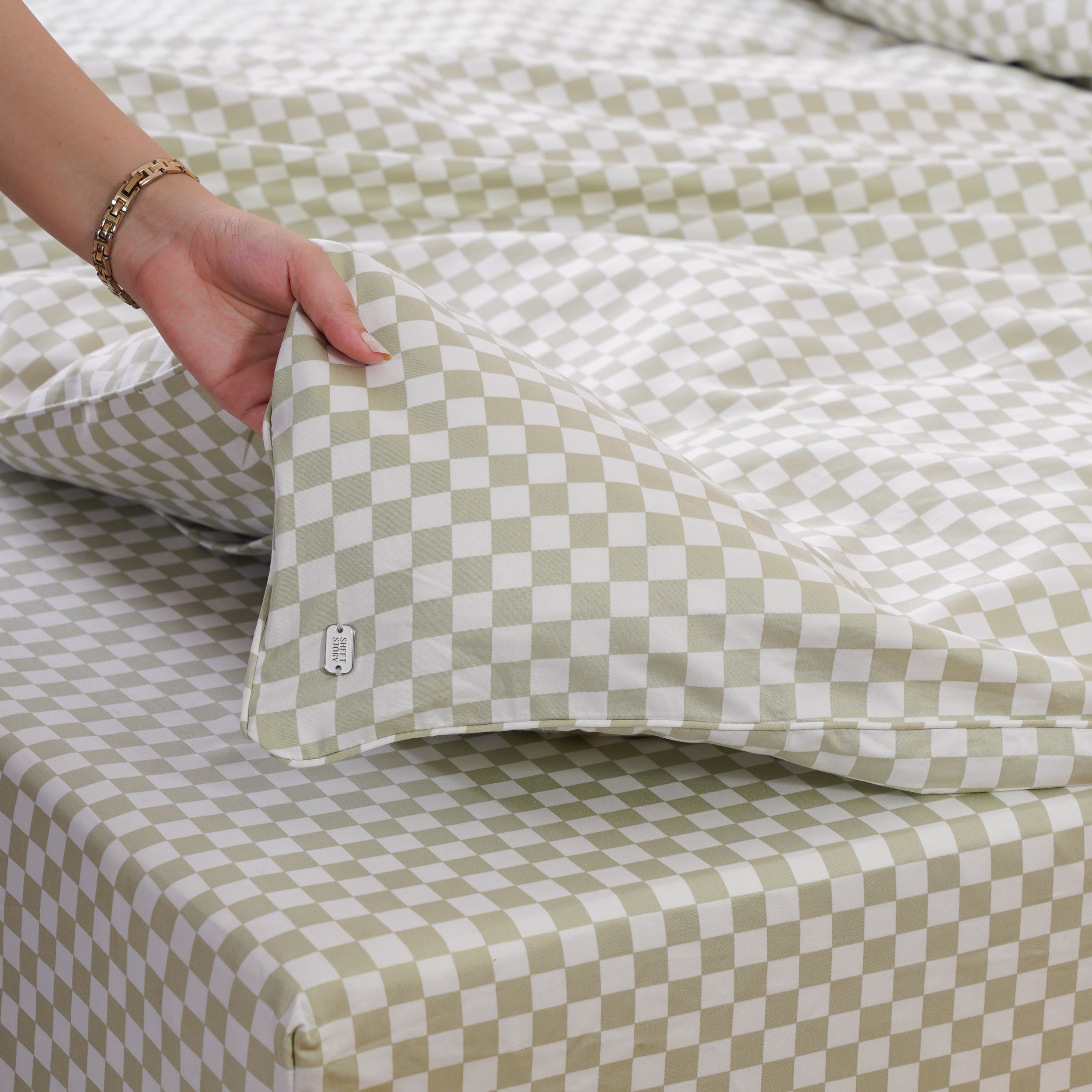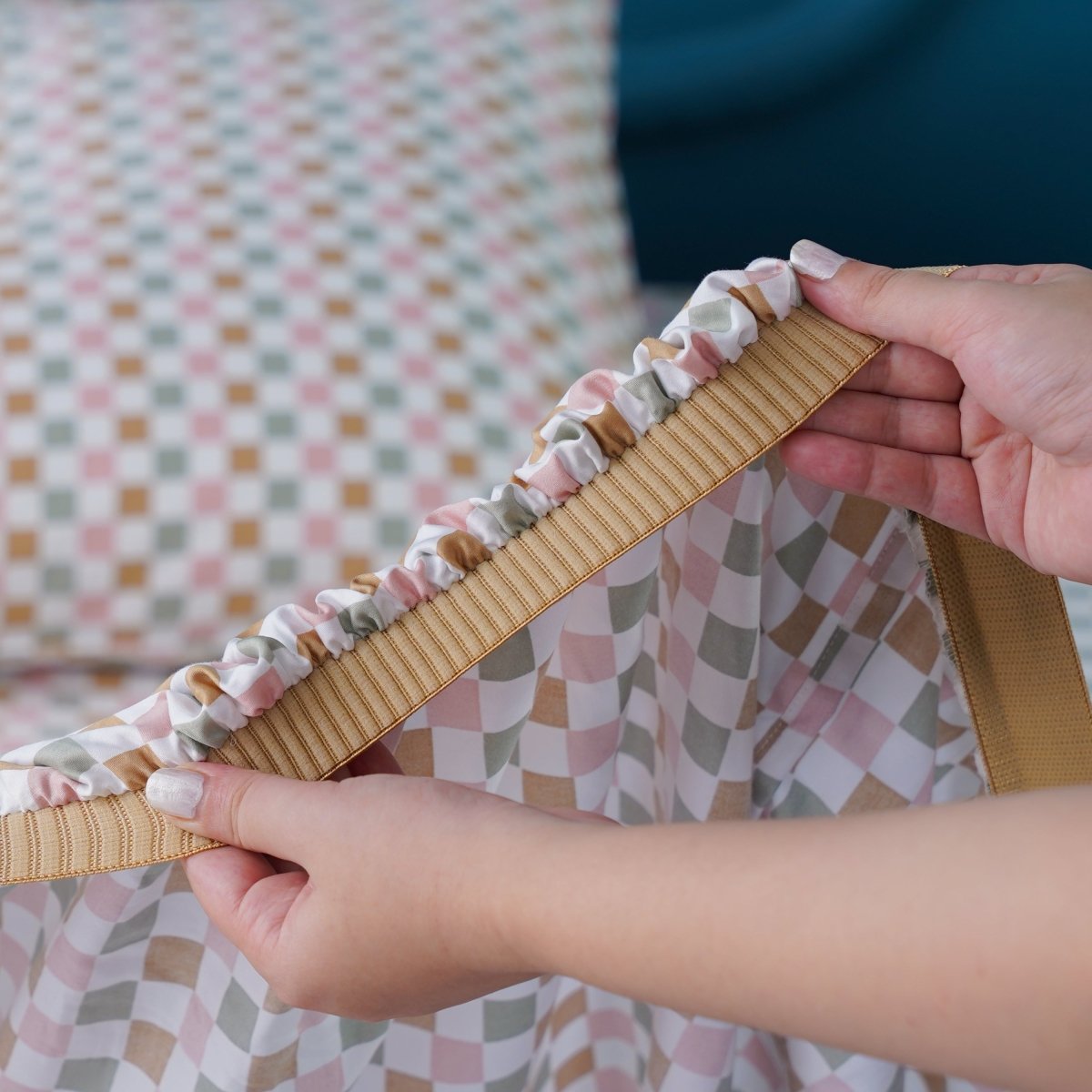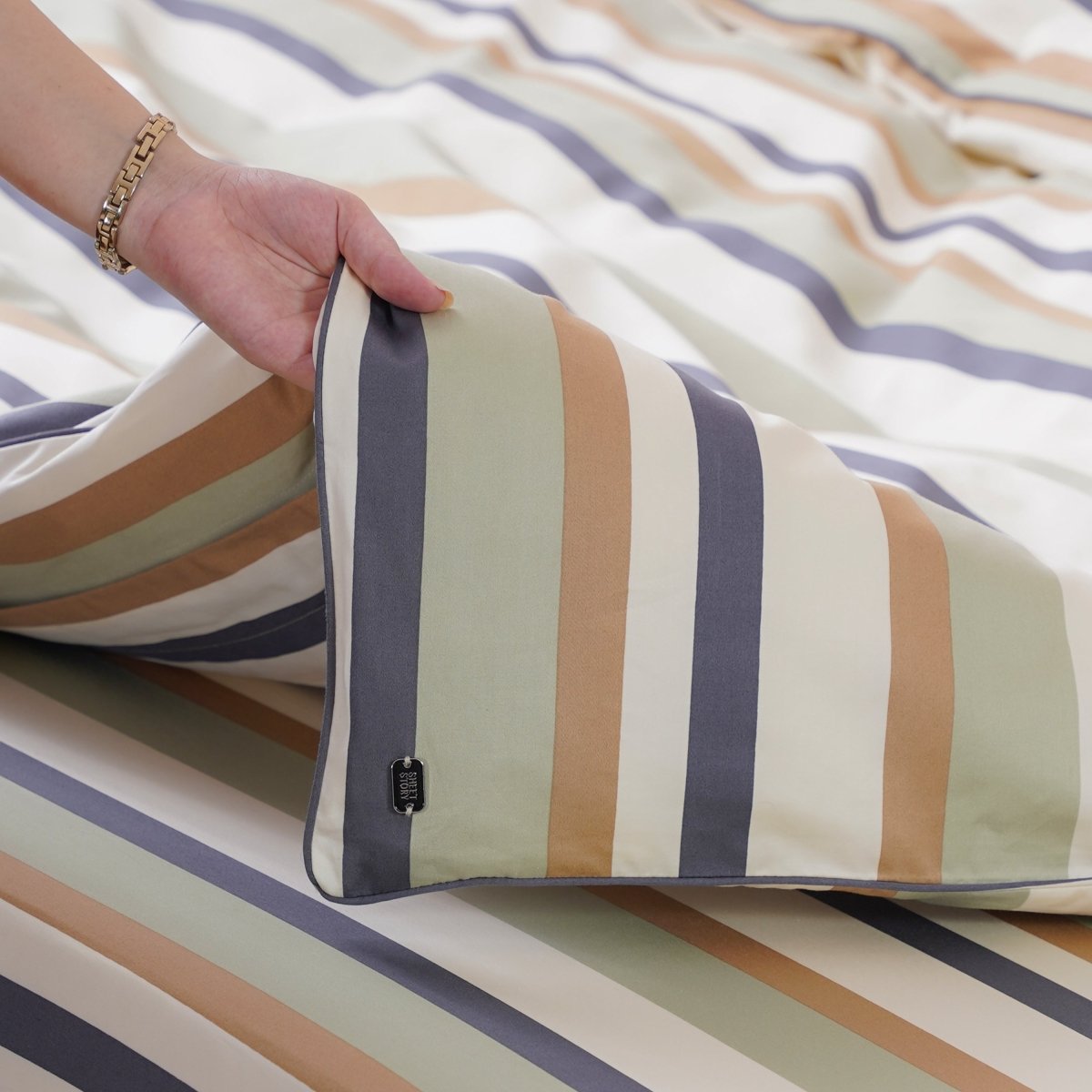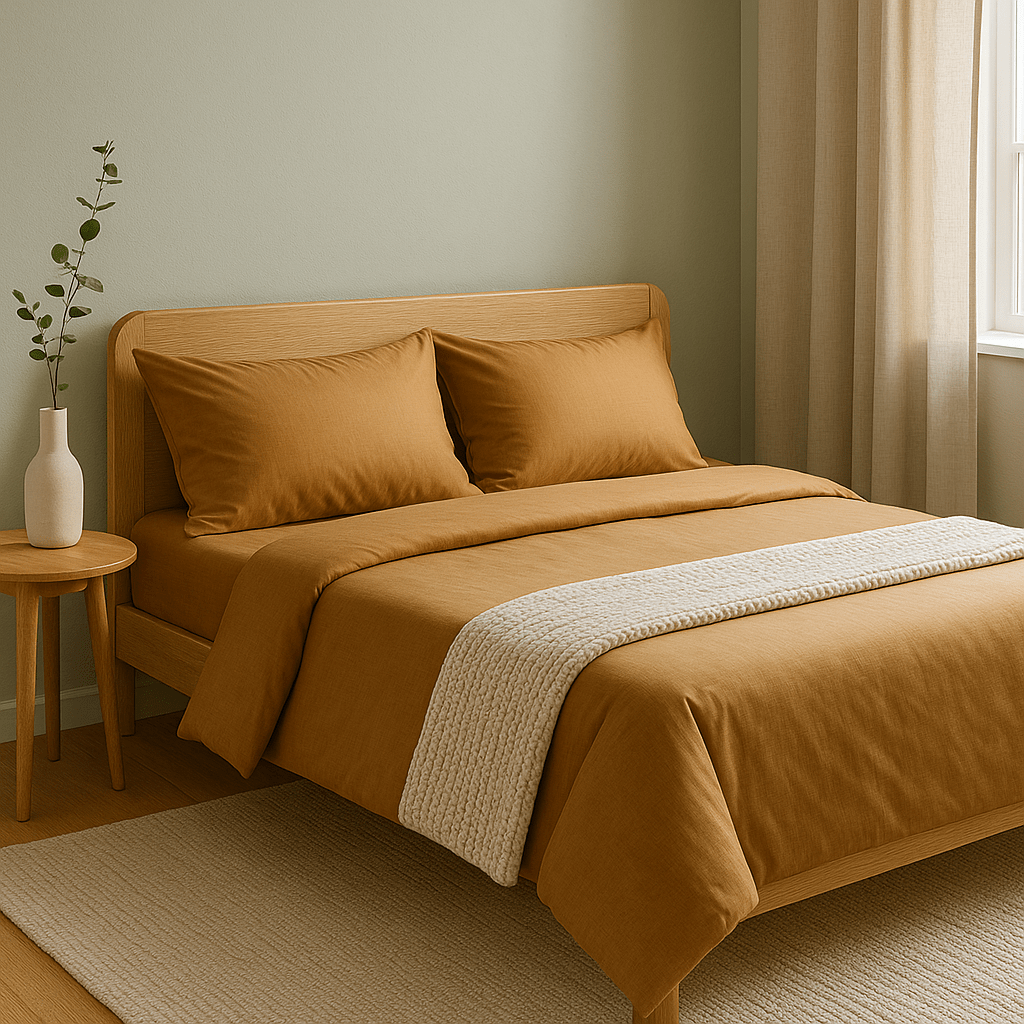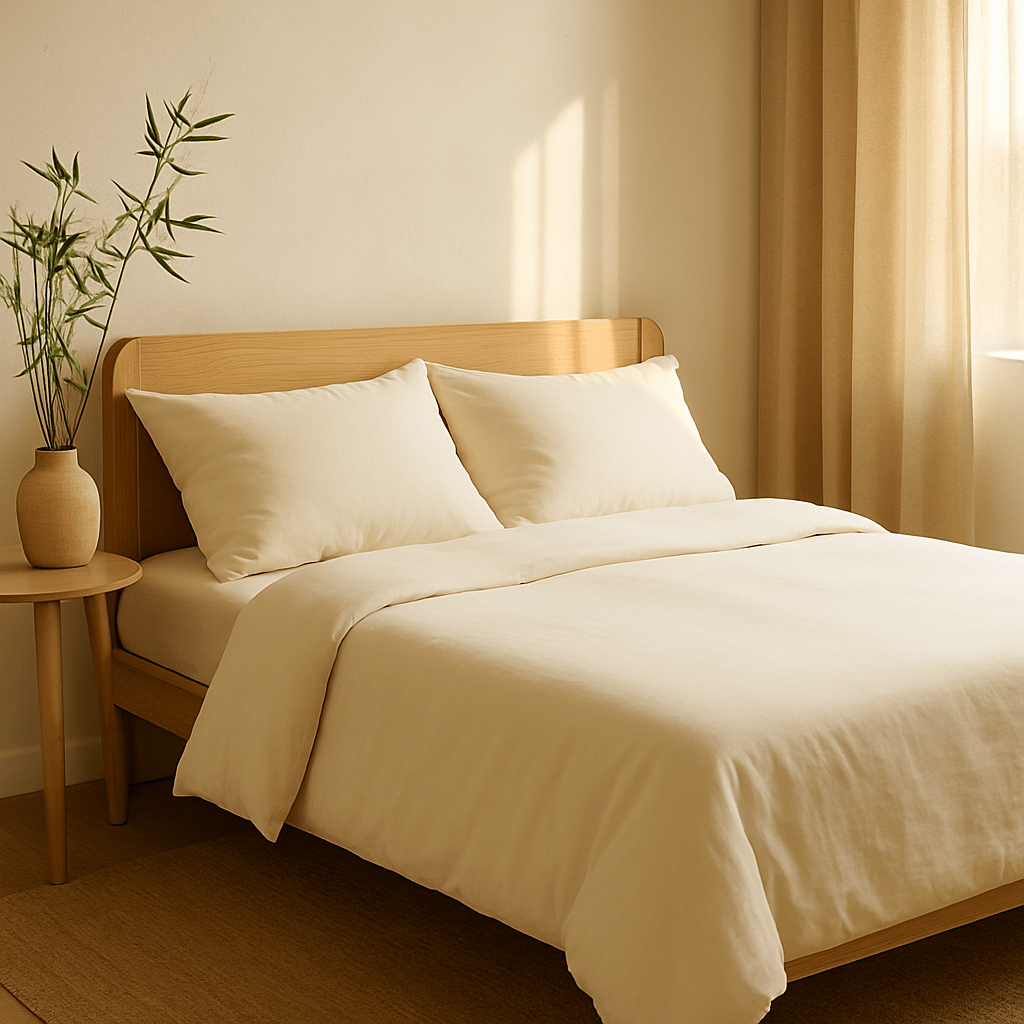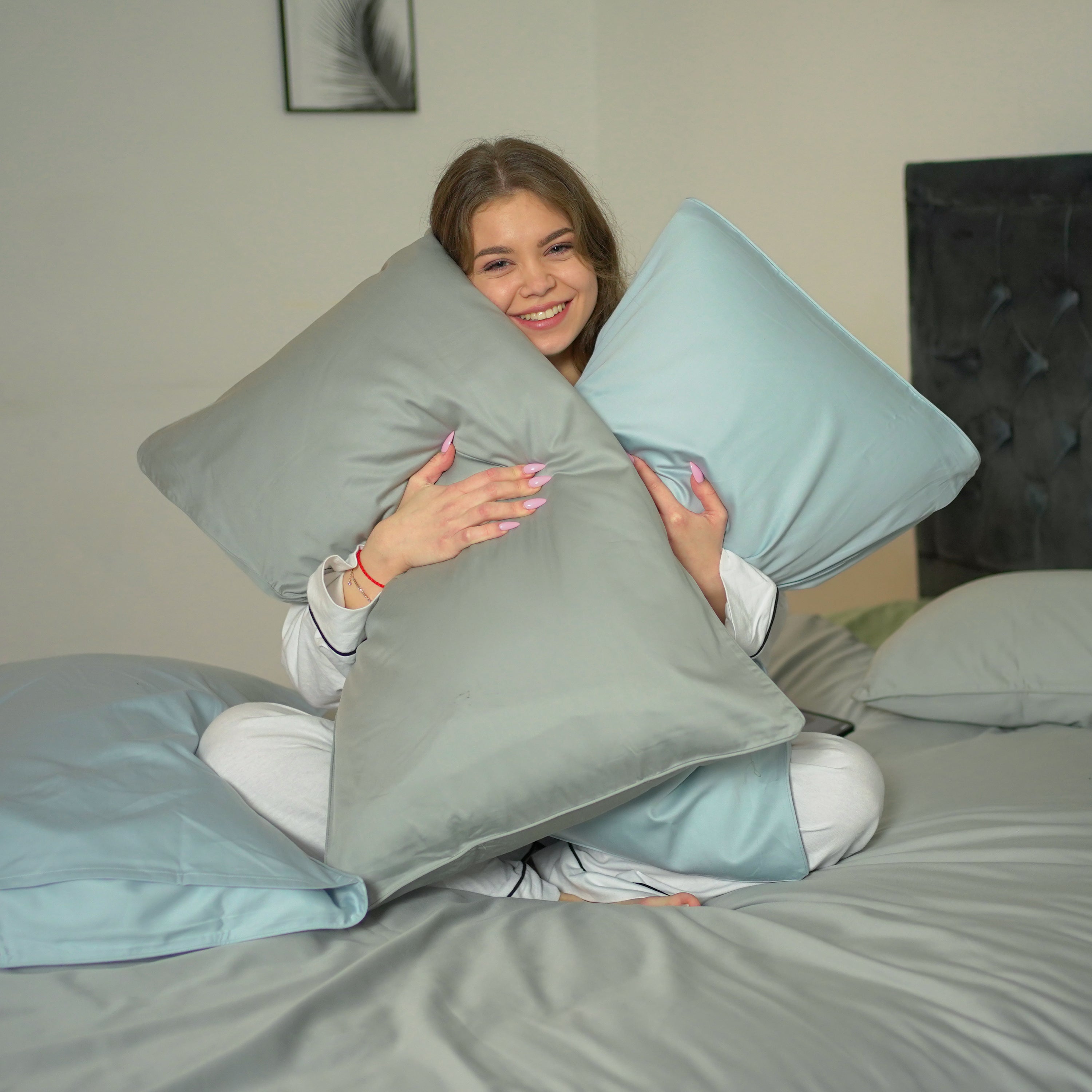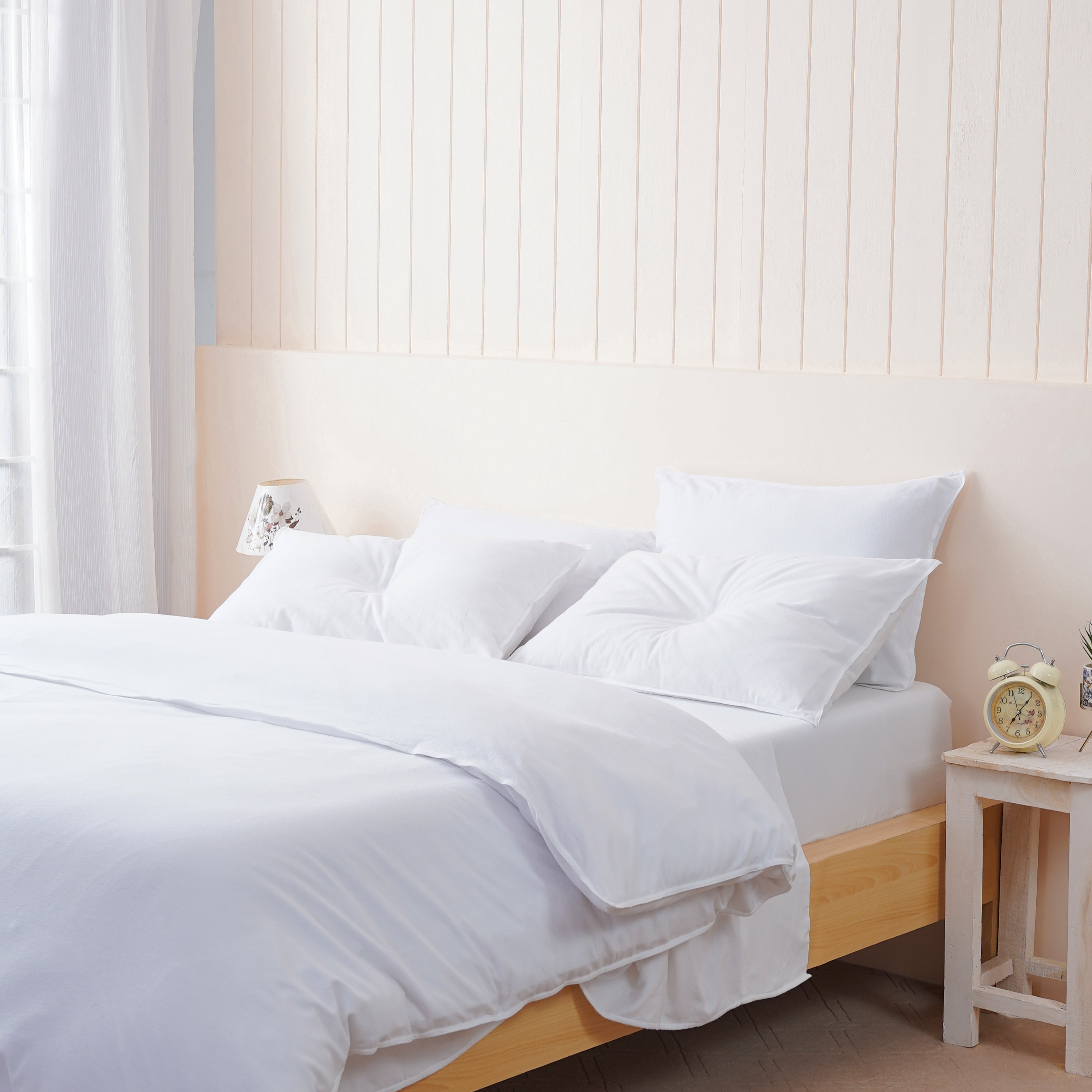In recent years, bedroom plants have surged in popularity, becoming a staple in home décor. Flowering plants, in particular, are celebrated for beautifying interior spaces and promoting health benefits such as cleaner air and better sleep. A well-lit bedroom is crucial for the growth and well-being of indoor plants, but it is important to avoid direct sunlight for certain plants. Air purifying plants, such as the Peace Lily, can help detoxify the air in living spaces and promote cleaner air in bedrooms. Their charm extends beyond mere aesthetics; these plants offer a multitude of health benefits. Plants with glossy green leaves not only enhance the visual appeal of your space but also contribute to air purification. Additionally, plants with dark green leaves are not only visually striking but also resilient in various light conditions, further promoting their air-purifying qualities. Ongoing research is assessing the effect of house plants on indoor air quality. By integrating greenery into your bedroom, you can transform the ambience, elevate air quality, and foster a more restful sleep environment. Here’s a curated guide to the best indoor house plants for your bedroom and the countless benefits these best plants can provide.
1) Lavender (Lavandula): An Air-Purifying Plant

Benefits: Low Maintenance Plants
-
Calming Scent: Lavender is famous for its soothing fragrance, which can help reduce stress and anxiety. This makes it an excellent choice for the bedroom, as it promotes relaxation.
-
Improves Sleep Quality: Studies have shown that the scent of lavender can improve sleep quality, making it easier to fall asleep and stay asleep.
-
Visual Appeal: Lavender is a beautiful flowering plant that adds a touch of elegance to any space with its vibrant purple flowers. It not only enhances the room's beauty but also has air-purifying properties, making it a low-maintenance plant that can thrive in various indoor environments.
Care Tips: Direct Light
Light: Requires plenty of bright light in a sunny spot, but avoid direct sunlight. Many indoor plants, including lavender, thrive in indirect light, so placing them near a window with filtered sunlight can help maintain their health and growth.
Water: Water when the top inch of soil feels dry, but try not to over-water it!
Who Should Avoid Keeping Lavender as Bedroom Plants?
-
People with Allergies: Some individuals may be allergic to lavender, experiencing symptoms such as skin irritation, headaches, or respiratory issues. If you have a known allergy to lavender, it’s best to avoid having it in your bedroom.
-
Pregnant and Nursing Women: Lavender oil has been suggested to have hormone-disrupting effects, which might be risky during pregnancy and breastfeeding. Although the plant itself poses less of a risk, it’s advisable to consult with a healthcare provider before keeping lavender in your bedroom.
-
Individuals with Low Blood Pressure: Lavender is known for its relaxing properties, which can sometimes lower blood pressure. If you already have low blood pressure or are on medication to manage it, it might be wise to avoid lavender to prevent any potential complications.
-
People with Pets: Although lavender is not highly toxic to pets, some animals, especially cats and dogs, may experience mild stomach upset if they chew on the plant. If your pets have a tendency to nibble on indoor plants, consider opting for pet-friendly alternatives, such as a Spider Plant!
2) Snake Plant (Sansevieria trifasciata)
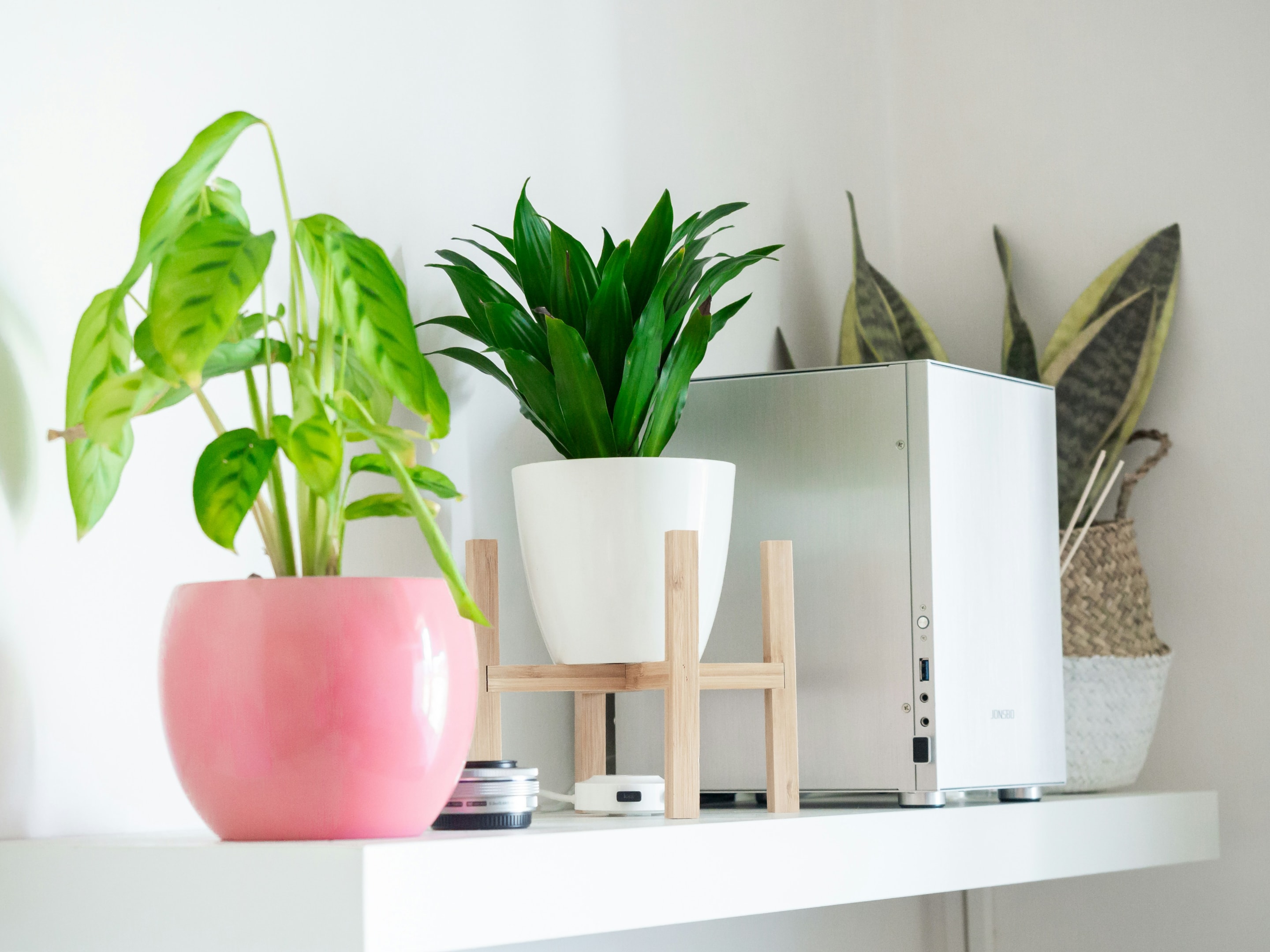
Benefits: Air Purifying Qualities
Air Purification: The Snake Plant is known for its exceptional ability to filter indoor air. It removes toxins such as formaldehyde, xylene, and toluene, contributing to a healthier living environment.
Oxygen Production: Unlike most plants, the Snake Plant releases oxygen at night, which can improve the air quality in your bedroom while you sleep.
Care Tips: Indirect Light
-
Light: Tolerates low light but thrives in indirect light.
-
Water: Water sparingly; allow the soil to dry between waterings.
Who Should Avoid Keeping a Snake Plant in Their Bedroom?
-
People with Allergies: Some individuals might be allergic to the sap of the Snake Plant, which can cause skin irritation. If you have sensitive skin or a history of plant allergies, it’s best to handle the plant with care and monitor for any adverse reactions.
-
Pet Owners: Snake Plants are mildly toxic to pets if ingested. Cats and dogs that chew on the leaves may experience symptoms such as nausea, vomiting, and diarrhea. If your pets are prone to chewing on houseplants, you might want to choose pet-friendly plants instead.
-
Small Children: Similar to pets, small children who are curious and tend to put things in their mouths could be at risk of mild toxicity if they chew on the plant. If you have young children, consider placing the plant out of their reach or opting for a non-toxic alternative.
-
Overwaterers: Snake Plants thrive on minimal water, and overwatering can lead to root rot. If you tend to overwater your plants, you might find it challenging to maintain a healthy Snake Plant. It’s important to let the soil dry out completely between waterings to keep the plant thriving.
3) Spider Plant (Chlorophytum comosum)
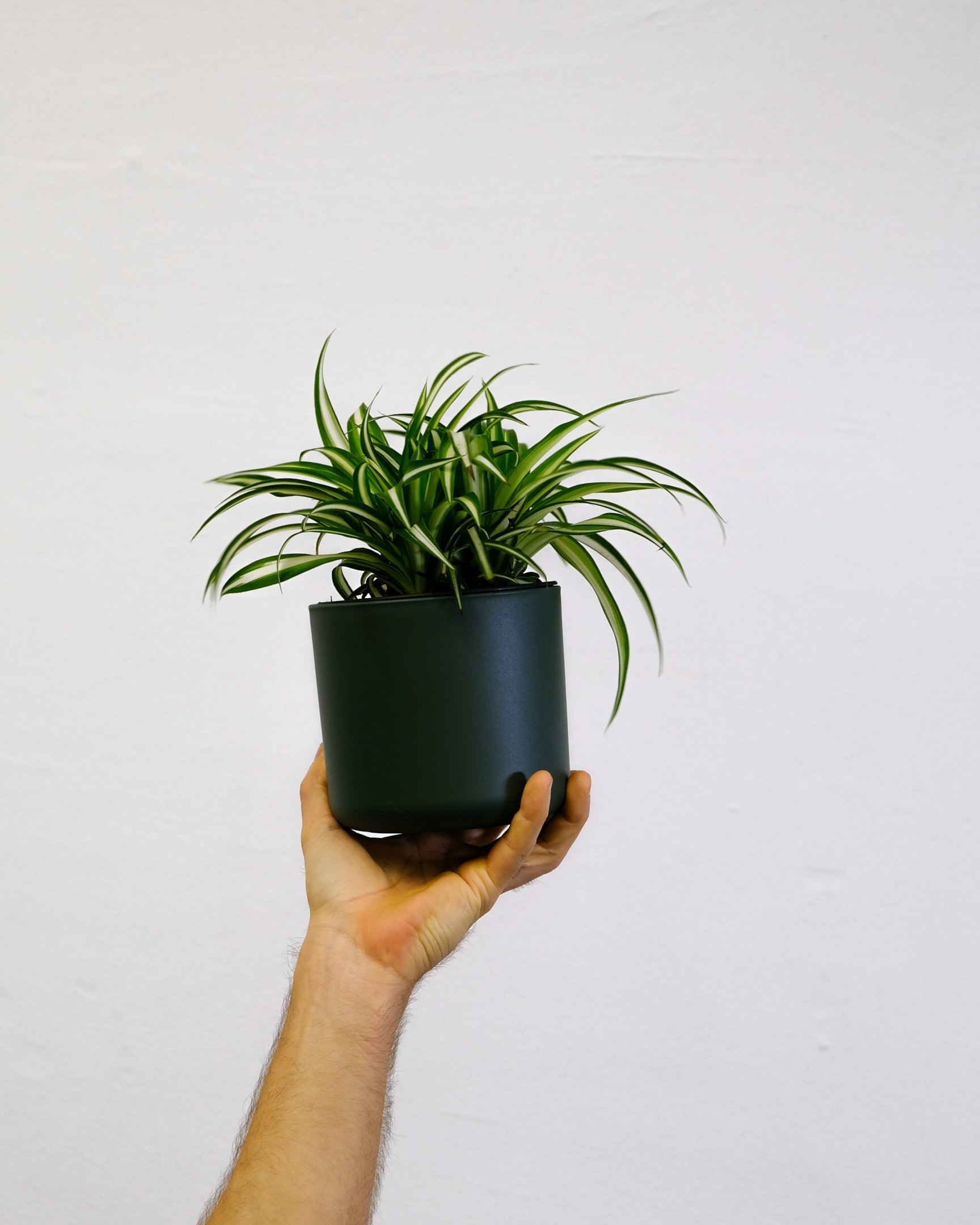
Benefits: Pet Friendly
Air Purification: these Plants are known for their ability to remove toxins like carbon monoxide and xylene from the air.
Pet-Friendly: Safe for pets, making it a great choice for households with animals.
Care Tips: Indirect Light
-
Light: Thrives in indirect sunlight.
-
Water: Water regularly, keeping the soil slightly moist.
Who Should Avoid Keeping a Spider Plant in Their Bedroom?
-
People with Plant Allergies: Although rare, some people might be allergic to these Plants. Symptoms can include skin irritation, respiratory issues, or other allergic reactions. If you have known plant allergies, it's important to monitor for any adverse reactions and consult with a healthcare provider if necessary.
-
Individuals Sensitive to Mould: Spider Plants thrive in humid environments, which can sometimes lead to mould growth in the soil if not properly cared for. If you are sensitive to mould or have respiratory conditions such as asthma, ensure that you manage the plant's watering and humidity levels to prevent mould growth.
-
Those Looking for Low Maintenance: While Spider Plants are generally easy to care for, they do require regular watering and occasional trimming to maintain their health and appearance. If you prefer a truly low-maintenance plant, you might find the upkeep of the plant to be more than you desire.
4) Jasmine (Jasminum)
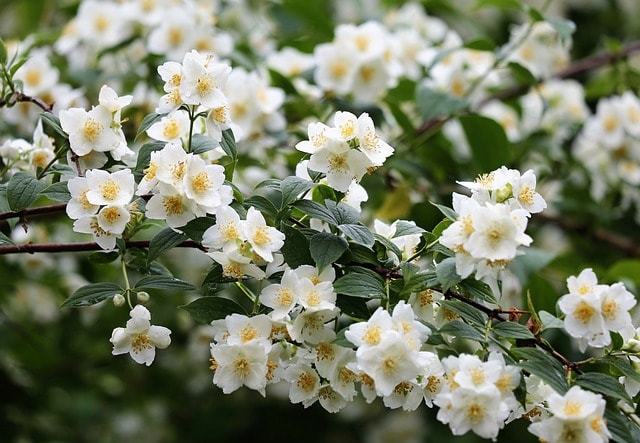
Benefits: Reduces Anxiety
-
Aromatic Benefits: Jasmine has a sweet, pleasant scent that has been shown to reduce anxiety levels and promote relaxation and restful sleep.
-
Mood Enhancement: The fragrance can also improve your mood and increase alertness during the day.
Care Tips: Indirect Sunlight
-
Light: Needs bright, indirect sunlight.
-
Water: Keep the soil moist but not soggy.
Who Should Avoid Keeping Jasmine in Their Bedroom?
-
People Sensitive to Strong Smells: Jasmine's strong scent can be overwhelming. If you are sensitive to strong fragrances or have a history of allergic reactions to flowers, it's best to avoid keeping Jasmine in your bedroom.
-
Asthma Sufferers: The intense fragrance of Jasmine can sometimes exacerbate asthma symptoms. If you have asthma, it's advisable to consult with a healthcare provider before introducing Jasmine to your sleeping space.
-
Pet Owners: While Jasmine is not highly toxic to pets, it can cause mild gastrointestinal distress if ingested. If you have pets that tend to chew on plants, you might want to opt for pet-friendly plants instead to avoid any potential issues.
-
Light Sleepers: The strong scent of Jasmine, while soothing for some, can be too stimulating for others and might affect sleep quality. If you are a light sleeper or sensitive to fragrances, you might find Jasmine's aroma disruptive to your sleep.
-
People with Young Children: Similar to pets, young children who are curious and tend to put things in their mouths could be at risk of mild toxicity if they chew on the plant. If you have young children, consider placing the plant out of their reach or opting for a non-toxic alternative.
5) Aloe Vera
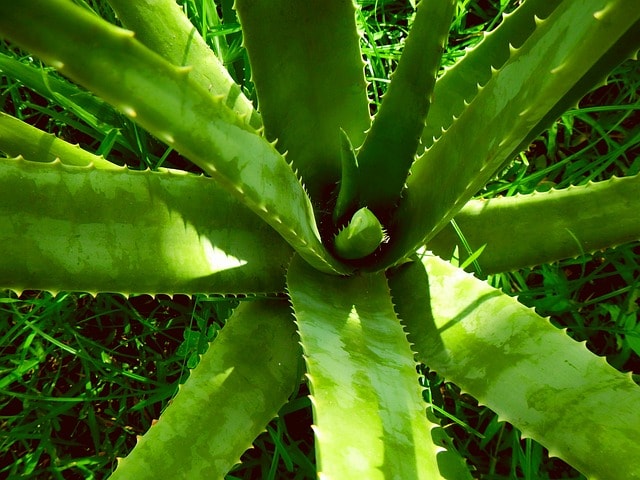
Benefits: Healing Properties
Air Purification: Aloe Vera is another plant known for its air-purifying qualities, removing pollutants like formaldehyde and benzene.
Healing Properties: Aloe Vera gel can be used to treat minor cuts and burns, adding a practical benefit to its presence.
Care Tips: Indirect Sunlight
-
Light: Prefers bright, indirect sunlight.
-
Water: Water deeply but infrequently; allow the soil to dry out completely between waterings.
Who Should Avoid Keeping Aloe Vera in Their Bedroom?
-
Pet Owners: Aloe Vera is toxic to cats and dogs if ingested, causing symptoms such as vomiting, lethargy, and diarrhea. If you have pets that are prone to chewing on plants, it’s safer to opt for pet-friendly alternatives.
-
People with Allergies: Some individuals may be allergic to Aloe Vera. Contact with the plant’s sap can cause skin irritation or allergic reactions. If you have sensitive skin or known allergies to Aloe Vera, it's best to avoid direct contact or opt for other indoor plants.
-
Those Prone to Overwatering: Aloe Vera requires minimal watering, and overwatering can lead to root rot and mold. If you tend to overwater your plants, you might find it challenging to maintain a healthy Aloe Vera plant. It's important to allow the soil to dry out completely between waterings.
6) Boston Fern (Nephrolepis exaltata)

Benefits: Pet Friendly
-
Air Purification: Effective at removing formaldehyde and xylene.
-
Humidity: Adds humidity to the air, which is beneficial in dry indoor environments.
Care Tips: Indirect Light /Shade
-
Light: Prefers indirect light and can tolerate some shade.
-
Water: Keep the soil consistently moist and mist regularly to maintain humidity.
Who Should Avoid Keeping Boston Fern in their bedroom?
-
Those Without Time for Maintenance: Requires regular misting and watering to thrive, which may be too much for busy individuals.
-
People Living in Very Dry Climates: Boston Ferns thrive in humid environments. If you live in a very dry climate and are not prepared to use a humidifier or mist the plant regularly, the fern may struggle to survive in your bedroom.
7) Areca Palm (Dypsis lutescens)
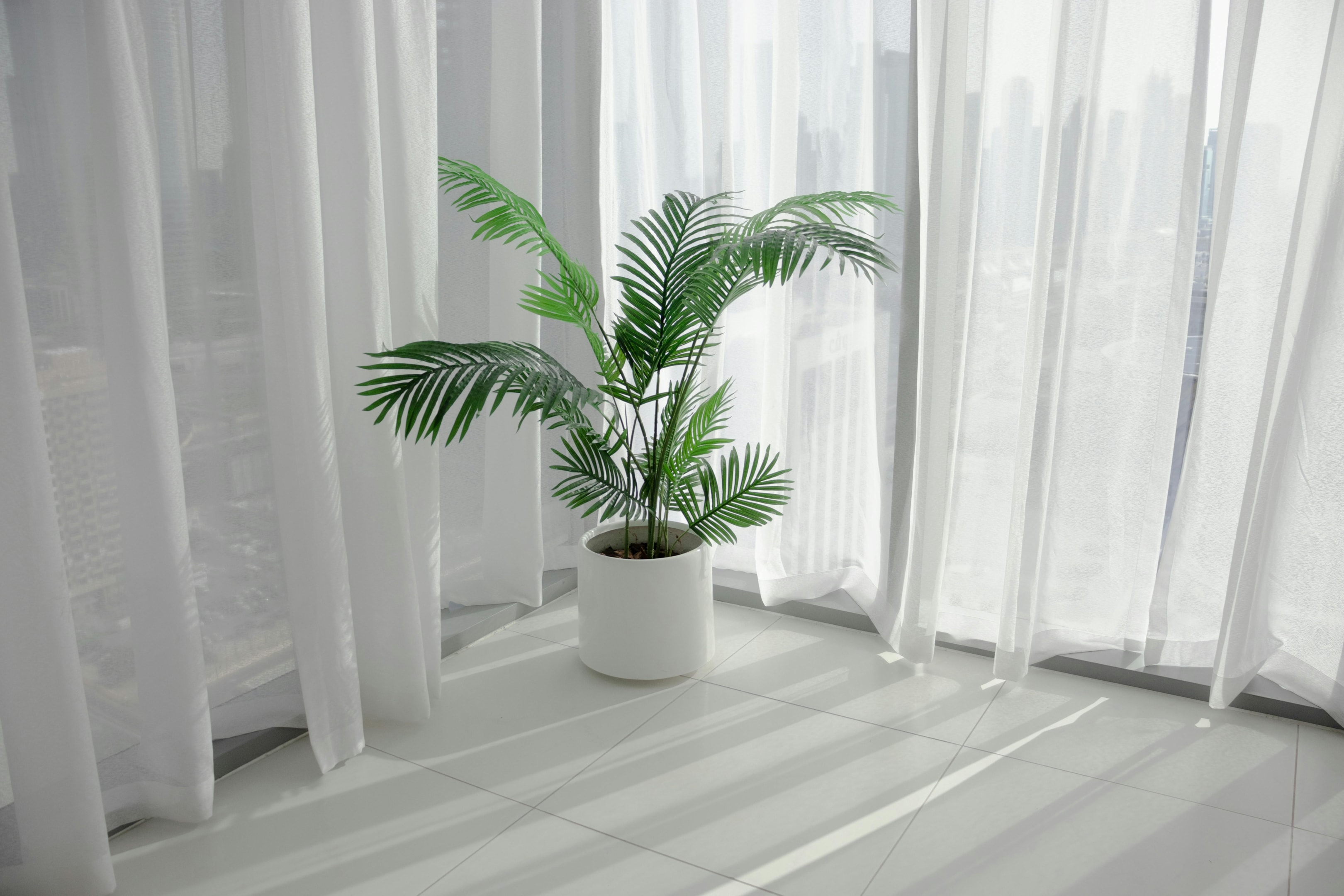
Benefits: Pet Friendly
-
Air Purification: Removes toxins like benzene, formaldehyde, and trichloroethylene.
-
Humidity: Helps to humidify the air, which can prevent respiratory issues.
Care Tips: Indirect Light
-
Light: Prefers bright, indirect light.
Water: Water regularly, but allow the soil to dry out slightly between waterings.
Who Should Avoid Keeping an Areca Palm in Their Bedroom?
-
People with Limited Space: Areca Palms can grow quite large, reaching up to 7 feet tall indoors. If you have a small bedroom or limited floor space, this plant might not be the best choice.
-
Individuals Without Adequate Light: Areca Palms thrive in bright, indirect light. If your bedroom has low natural light or lacks sufficient artificial lighting, the palm may not grow well and could become leggy or develop brown tips.
-
Those Who Travel Frequently: Areca Palms require regular watering and attention. If you travel often or have a busy lifestyle that prevents consistent plant care, you might find it challenging to maintain this palm’s health.
Overwaterers: Areca Palms prefer their soil to be kept moist but not waterlogged. Overwatering can lead to root rot. If you tend to overwater your plants, you may find it challenging to maintain the proper moisture balance for an Areca Palm.
8) Peace Lily (Spathiphyllum)
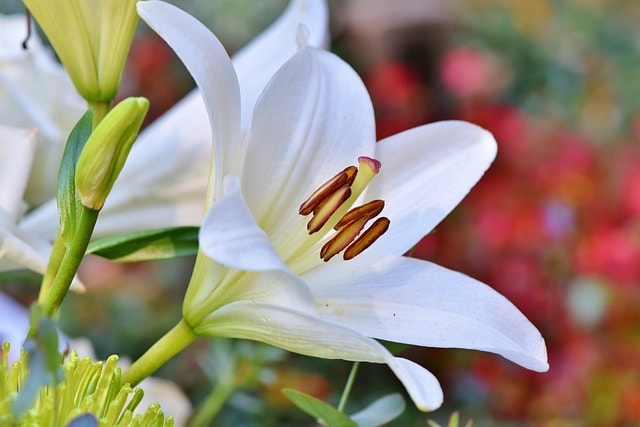
Benefits: Filtering Properties
-
Air Quality Improvement: Peace Lilies are excellent at filtering indoor air pollutants, thats why its also know as air purifying plants including ammonia, benzene, and formaldehyde.
-
Humidity: They help increase humidity, which can be beneficial in dry indoor environments and can prevent respiratory issues.
Care Tips: Medium Light
-
Light: Thrives in low to medium light conditions.
-
Water: Keep the soil consistently moist but not waterlogged.
Who Should Avoid Keeping a Peace Lily?
-
Pet Owners: Peace Lilies are toxic to cats, dogs, and other pets if ingested. The plant contains calcium oxalate crystals, which can cause irritation and digestive issues. If you have pets that are prone to chewing on plants, it's best to choose a pet-safe alternative.
-
Overwaterers: Peace Lilies prefer consistently moist soil but can be sensitive to overwatering. If you tend to overwater your plants or struggle with maintaining proper watering habits, you may find it challenging to keep a Peace Lily healthy.
-
Low Light Environments: While Peace Lilies can tolerate low light conditions, they may not thrive or produce flowers in environments with inadequate light. If your space has very low natural light or lacks sufficient artificial lighting, consider a plant better suited to low light conditions.
-
Those Seeking Low Maintenance Plants: While Peace Lilies are relatively easy to care for, they do require regular attention to watering and occasional fertilization. If you prefer plants that require minimal care, you may want to choose a more forgiving option.
-
Parents of Young Children: Due to the toxic nature of Peace Lilies, they pose a risk to young children who may ingest or come into contact with the plant. If you have small children who are curious or explore their environment, it's important to place Peace Lilies out of their reach or opt for non-toxic plants instead.
Incorporating indoor plants into your bedroom not only enhances the decor but also brings a host of health benefits. From purifying the air to promoting better sleep, these plants are natural allies in creating a serene and healthy bedroom environment. Choose the ones that best plants fit your lifestyle and enjoy the green touch they add to your personal space.
